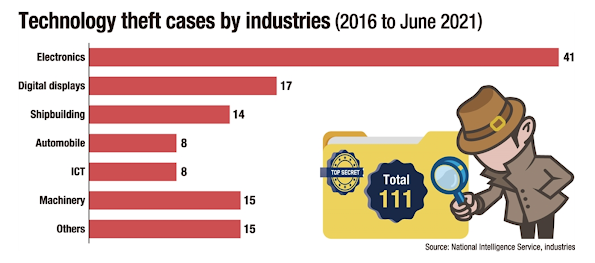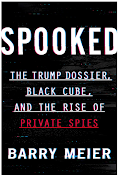via Consumer Reports
Tips for Deleting Old Accounts
- Check to see if anyone has figured out the steps. Google “how to delete [company name] account” and you’ll often find instructions. (A step-by-step guide to deleting two dozen common accounts.)
- Go to the Settings page first. Companies sometimes put the delete button in settings, account menus, or pages to edit your profile; it varies by company.
- Try the privacy policy. Privacy policies often include instructions, and you can search for words like “account,” “delete,” “close,” or “deletion.”
- Explore the Help menus. If there’s a Help menu or an FAQ section on a website, you can often find deletion instructions there.
- Try customer service. When available, text chats are usually faster than phone calls in my experience.
- Take advantage of privacy laws. California’s privacy law, the CCPA, requires most businesses to let state residents delete data collected from them. Companies don’t have to fulfill a deletion request if you’re not a resident, but some honor requests from anyone. Look for “California” or “CCPA” in privacy policies for details.
- Don’t forget the accounts you’ve forgotten. You may have registered for accounts years ago that have slipped your mind. A whole article
with detailed instructions on how to find them. Some tips to get
started: Google your email address and old usernames; check for saved
log-ins in your web browser or password manager; search your email inbox
for old “welcome” messages. Try variations on phrases like “welcome
to,” “new account,” “password,” or “confirm your email.” more














